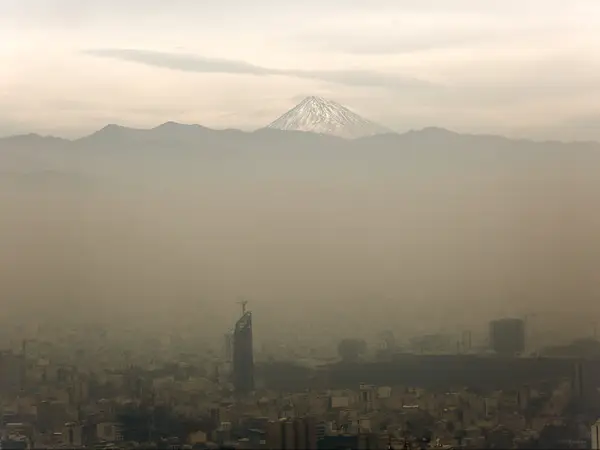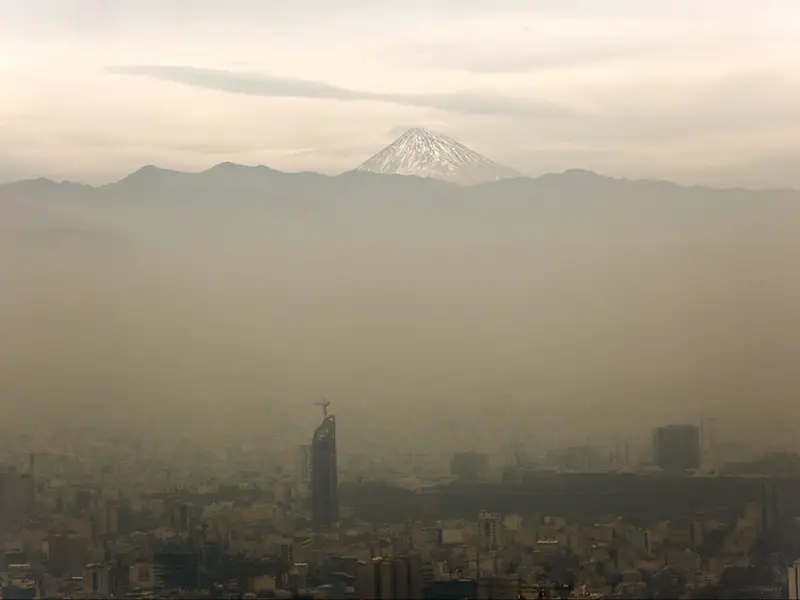Dangerous levels of air pollution in Esfahan, Tabriz and more than a dozen other major Iranian cities have shut down schools and kindergartens.
According to Iran’s air quality control center, the air pollution indicator in several other cities, such as Tehran and Mashhad, has crossed the danger line for sensitive groups, but the authorities have not yet decided to close down schools in these cities.
Abed Maleki, a deputy governor for Tehran’s civil affairs coordination, said schools in the capital are not closed because the air pollution index in the city is still below 150, a level which makes it unhealthy for everyone.
However, he urged citizens, especially children and the elderly, to stay home until pollution levels decrease.
According to Ruhollah Motafker Azad, the representative of Tabriz in the parliament, the reason for the high concentration of air pollutants in Tabriz is burning mazut, a dirty fuel, instead of natural gas in its thermal power plant.
Mazut -- commonly called waste oil -- is a heavy, low quality fuel oil, only used when the facilities to blend or break it down into more conventional petro-chemicals such as diesel are not available.
Iran has the world's second largest natural gas reserves but becuae of lack of investments and technology, production is declining.

